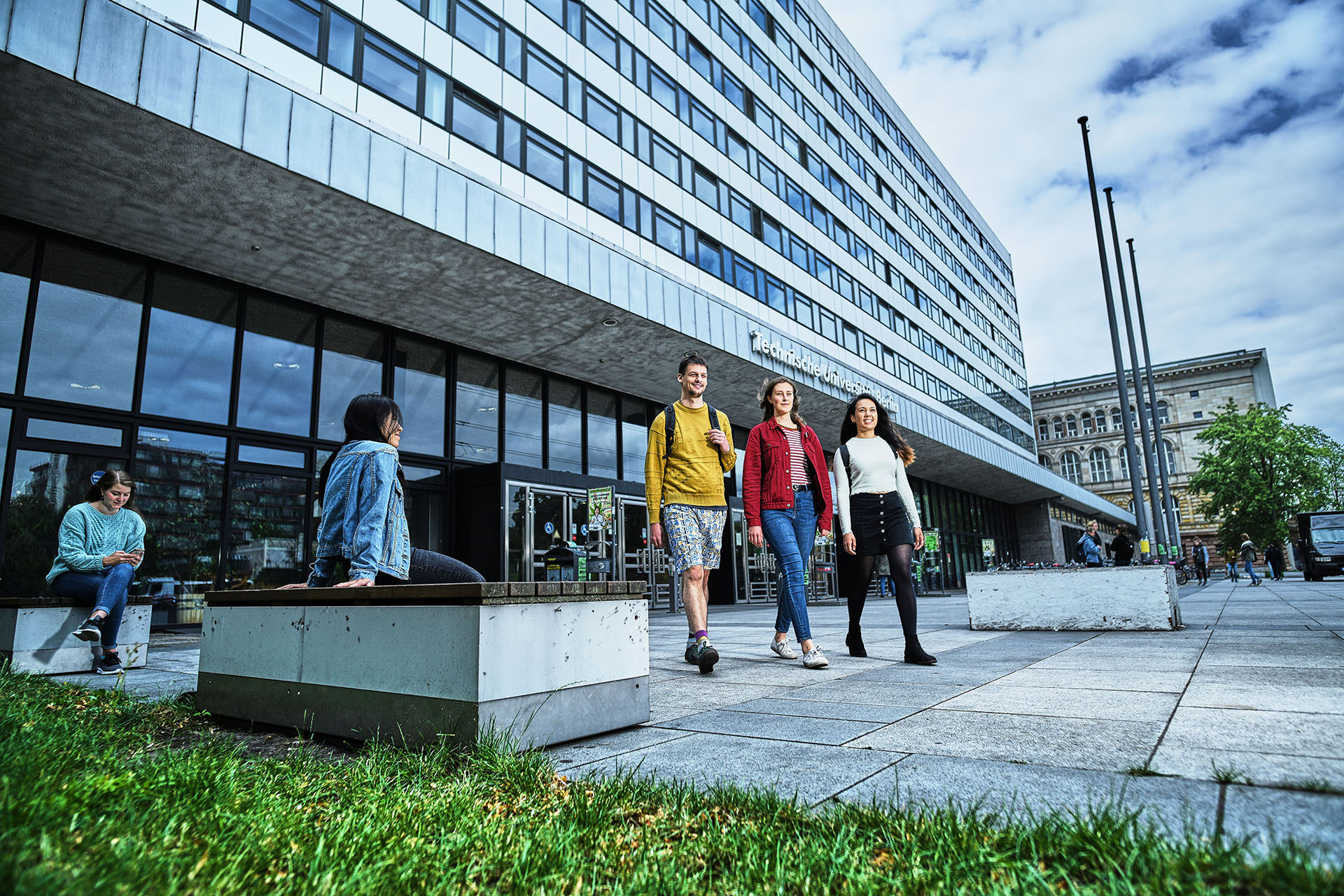
TU Berlin in the Excellence Competition
We’ve done it! On 19 July 2019, the four partner universities of the Berlin University Alliance – Freie Universität Berlin, Humboldt Universität zu Berlin, Technische Universität Berlin und Charité Universitätsmedizin – were jointly awarded the title of University of Excellence.
TU Berlin has already enjoyed considerable success in the Excellence Competition over the years. In 2005, as part of the Excellence Initiative predecessor competition, the University was awarded the UniCat (Unifying Concepts in Catalysis) Cluster of Excellence for chemistry as well as the Berlin Mathematical School (BMS), jointly with Freie Universität Berlin and Humboldt Universität zu Berlin. TU Berlin was also involved in the Topoi (The Formation and Transformation of Space and Knowledge in Ancient Civilizations) Cluster of Excellence as well as the two Berlin School of Mind and Brain research training groups and the Regenerative Therapies research training group.
In September 2018, TU Berlin achieved major success in the first round of the Excellence Strategy with three Clusters of Excellence achieved either as sole applicant or as applicant university as part of a consortium proposal. Beginning 2019, the three interdisciplinary research projects “Unifying Systems in Catalysis“, “Science of Intelligence“ and “MATH+“ will be funded for a period of seven years with up to ten million euros annually. It will then be decided by means of a renewal proposal whether to extend funding for a further seven years.
“We are of course truly delighted to receive the title of University of Excellence – the crowning glory of all our success. We are also fully committed to continuing our successful cooperation with our three partners in the Berlin University Alliance,” says Professor Christian Thomsen, President of TU Berlin..
Convincing messages
In February 2019, the Berlin alliance had to face the international review panel
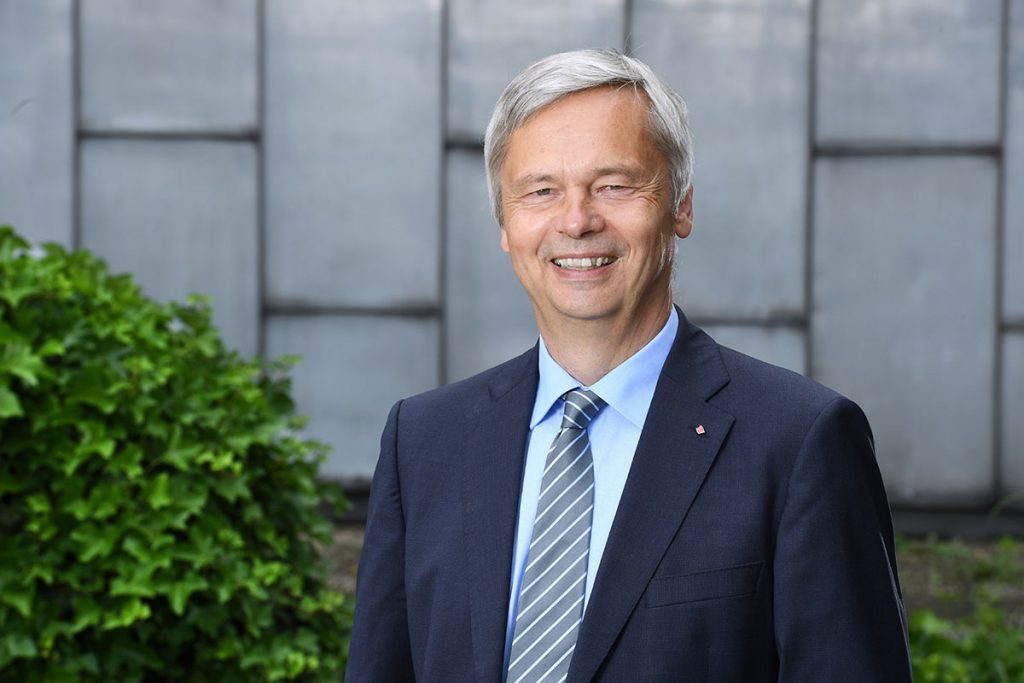
The Berlin University Alliance had to face the international review panel in February. TU President Prof. Dr. Christian Thomsen describes his personal impressions of the important visit.
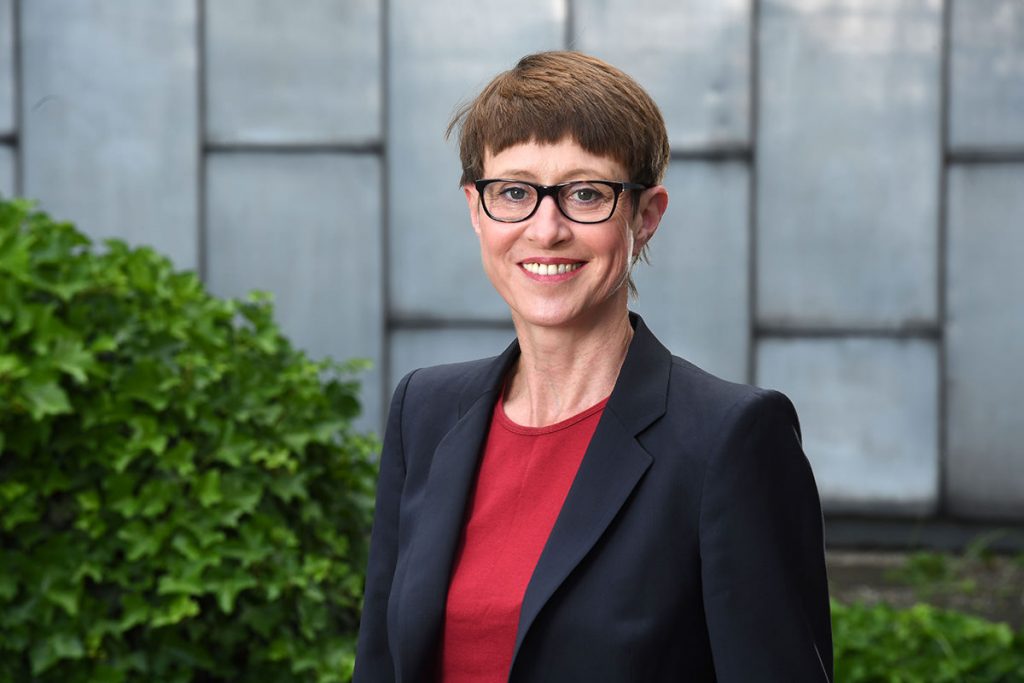
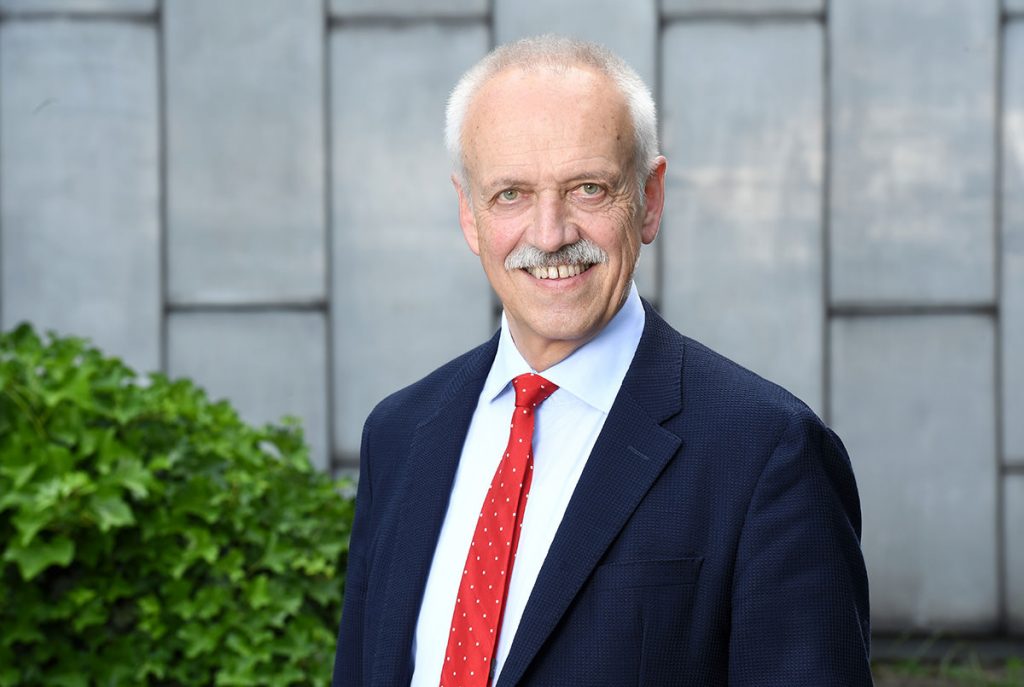
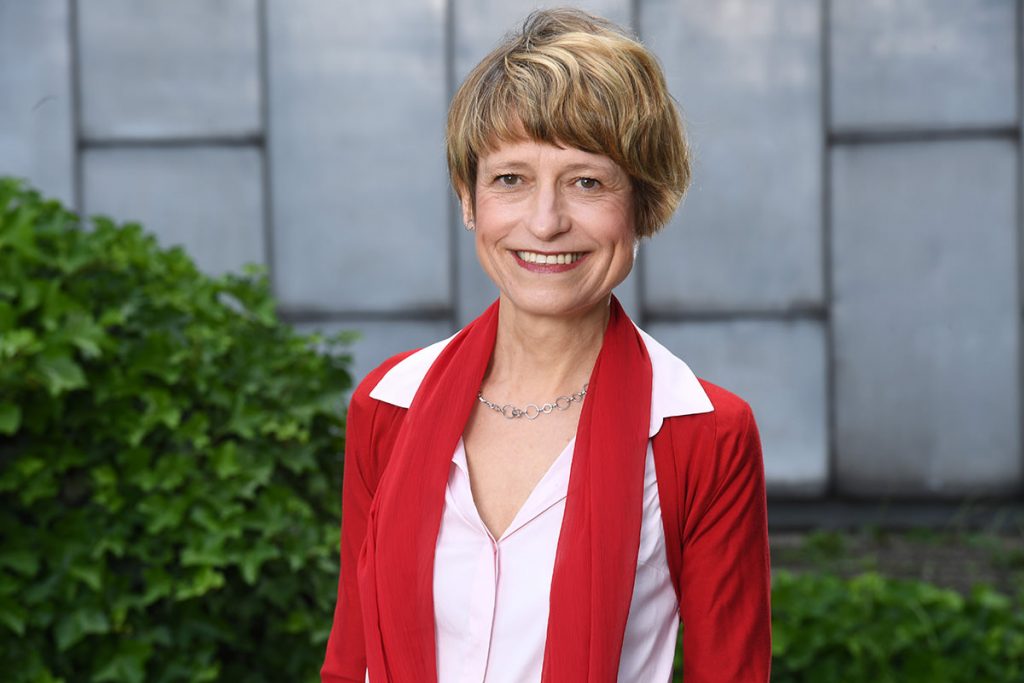
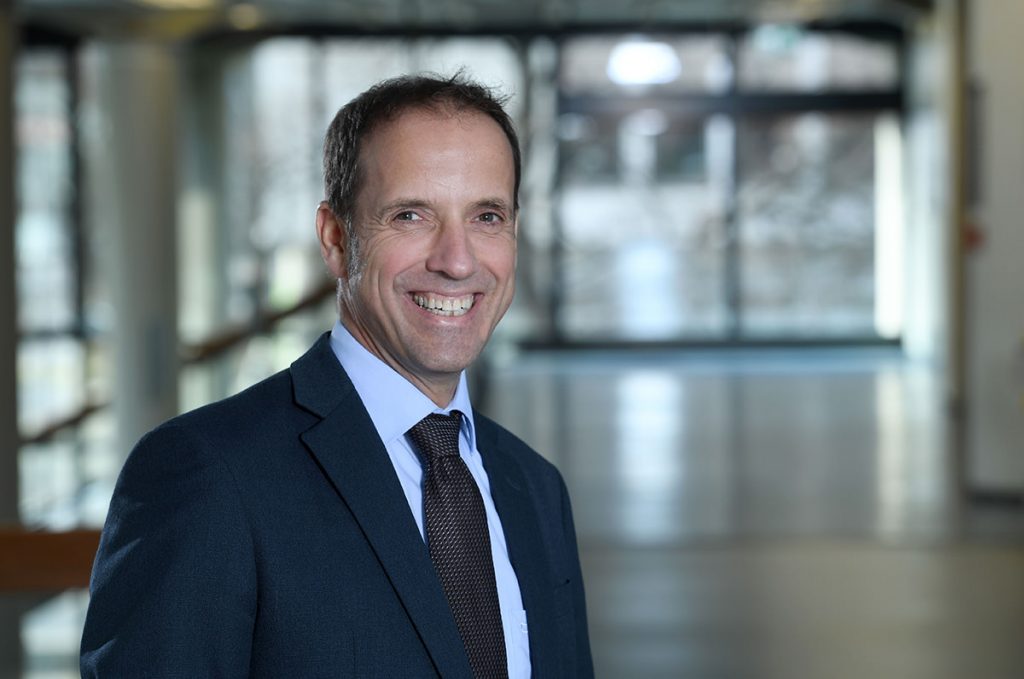
Details of the Clusters of Excellence

Catalysis is one of the scientific and economic key technologies for a sustainable and resource-saving economy. The UniSysCat cluster project seeks to combine individual catalytic processes within an overall system. In terms of methodology and content, UniSysCat builds on the highly successful work of the UniCat Excellence Initiative Cluster.

Researching the laws and principles of various types of intelligence is the central research topic of the Science of Intelligence Cluster. The objective is to unite the various methods, findings, theories, and concepts of intelligence research within a single discourse, thus radically furthering our understanding of intelligence.
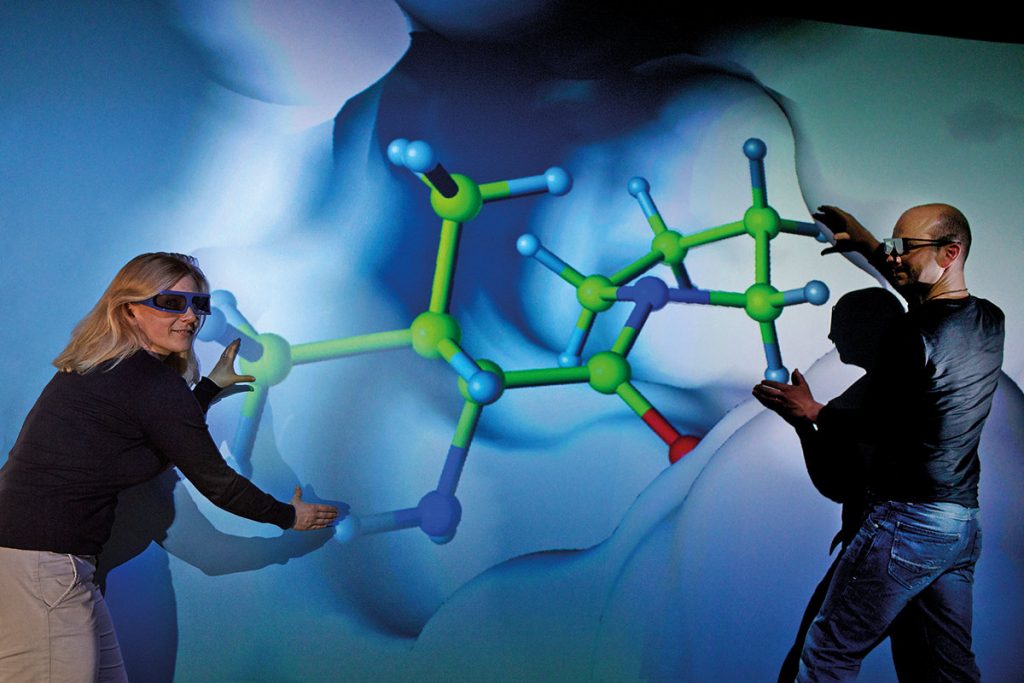
Mathematics is the art of problem solving using the power of abstraction. As such, it plays a key role in utilizing the myriad opportunities presented by the digital revolution which is so dramatically changing so many areas of life and research. The cluster project Math+ is establishing a cross-disciplinary and cross-institutional research center for this purpose.
Technische Universität Berlin - We've got the brains for the future to benefit society
TU Berlin is a university with an outstanding international reputation located in the capital of Germany, right in the very heart of Europe. Developing a clearly defined profile with outstanding research and teaching, excellently qualified graduates, and a modern administrative system are its key achievements and goals. The University strives to achieve knowledge enhancement and technological progress on the basis of the principles of excellence and quality.
The roots of Technische Universität and its previous incarnations date back to the time of Frederick the Great. The University was founded in its current form in 1946 as Technische Universität Berlin.
Some 35,000 students from 147 countries are studying for their future roles in industry and society in 120 bachelor’s and master’s programs which closely combine engineering and natural sciences with planning and social science, economics, and humanities.
The 500 doctorates and on average twelve Habilitationen completed annually are strong proof of the University’s academic excellence.
Technische Universität Berlin has 370 professors and produces 20 spin-offs per year, making it both a significant economic driving force and an important forge of innovation for the capital region. TU Berlin plays an important role in the Einstein Center Digital Future (ECDF), the Weizenbaum Institute for the Networked Society and the recently founded Werner-von-Siemens Centre for Industry and Science; all major projects within Berlin.
Further information:
https://www.tu-berlin.de/menue/ueber_die_tu_berlin/parameter/en/
